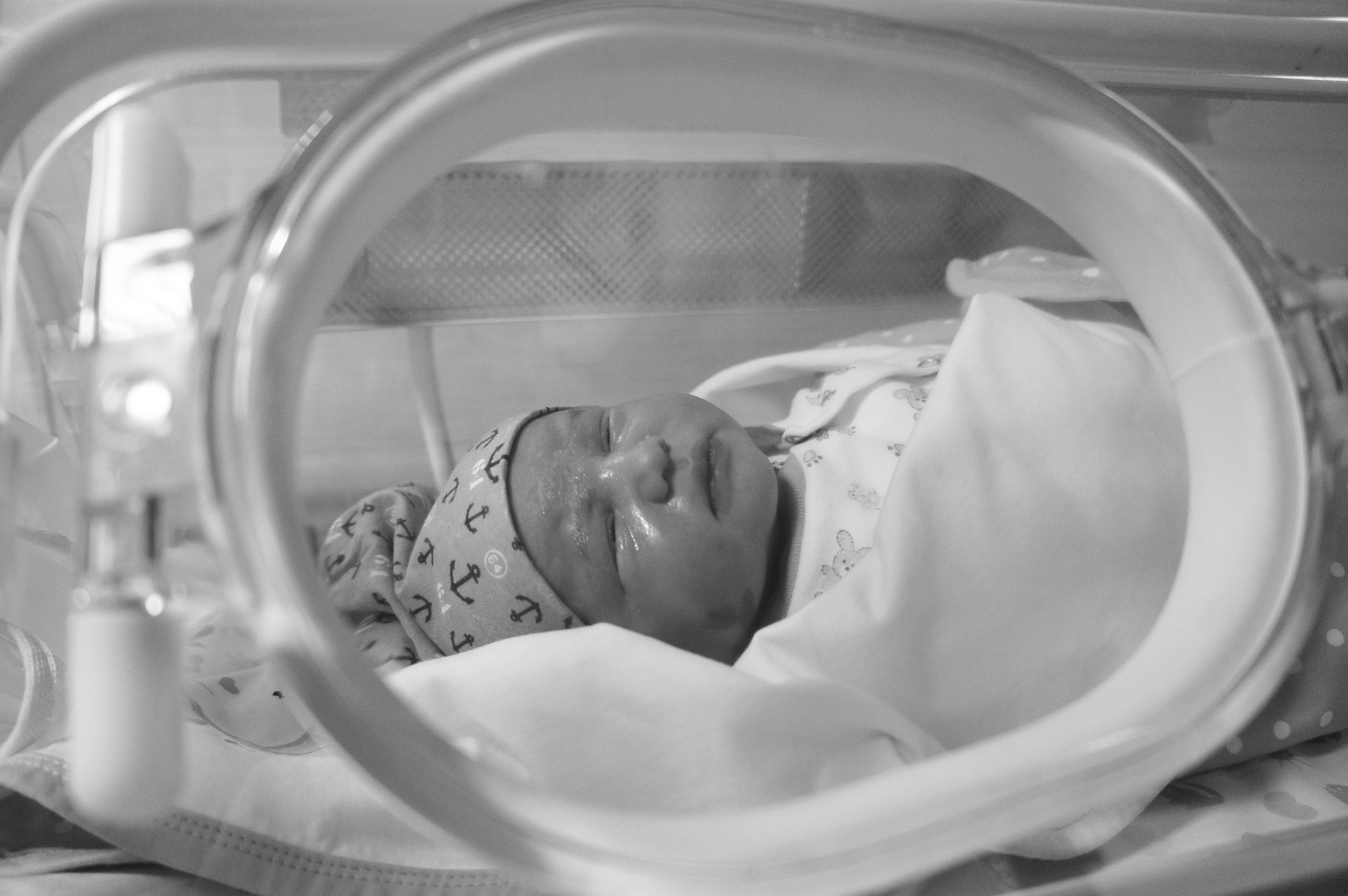News release
From:
Attachments
Note: Not all attachments are visible to the general public. Research URLs will go live after the embargo ends.

Research
JAMA, Web page
Please link to the article in online versions of your report (the URL will go live after the embargo ends).
Journal/
conference: JAMA
conference: JAMA
Research:Paper
Organisation/s:
University of Auckland, The University of Adelaide, South Australian Health and Medical Research Institute (SAHMRI), University of Technology Sydney (UTS)
Funder:
This trial was funded by grant 1022968 from the National Health and Medical Research Council in Australia and grants PG5716
and PG01817 from the Cerebral Palsy Alliance
Research Foundation Australia.



 Australia; New Zealand; SA
Australia; New Zealand; SA


